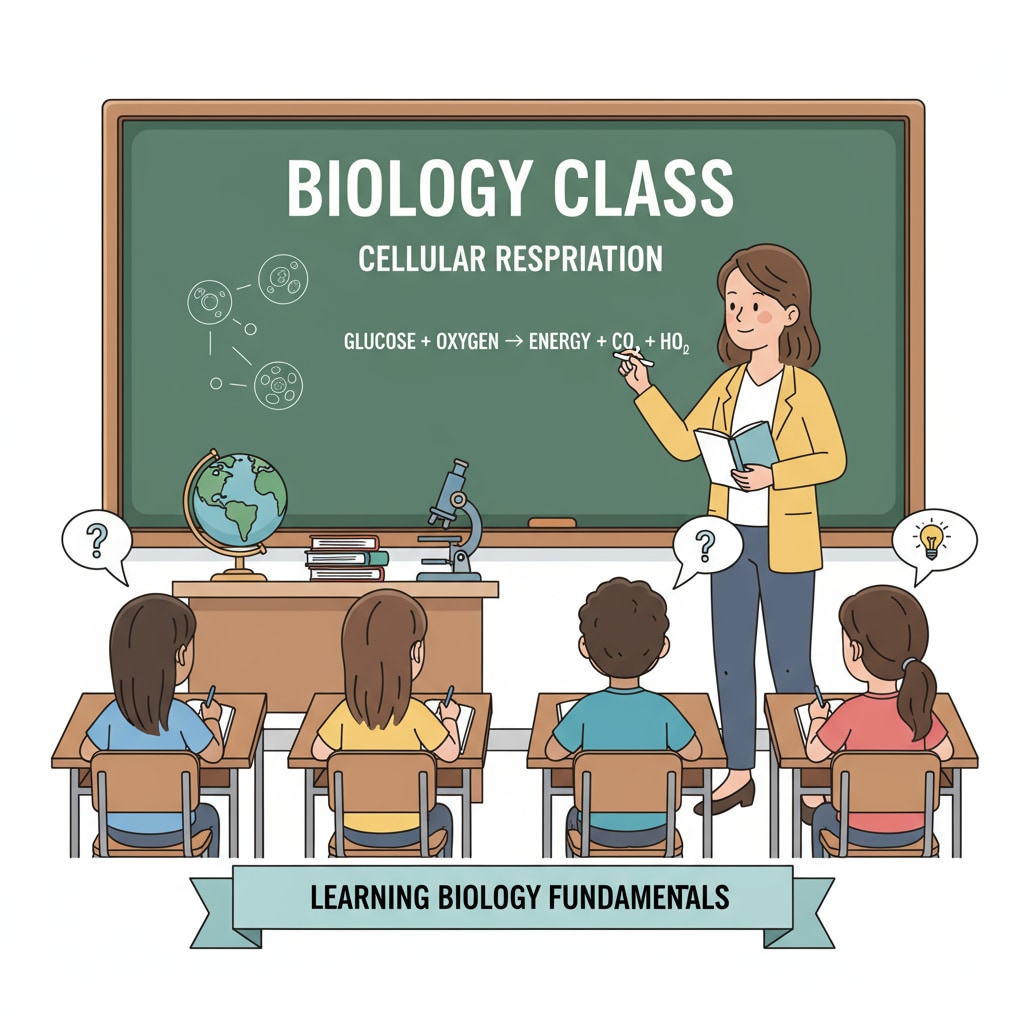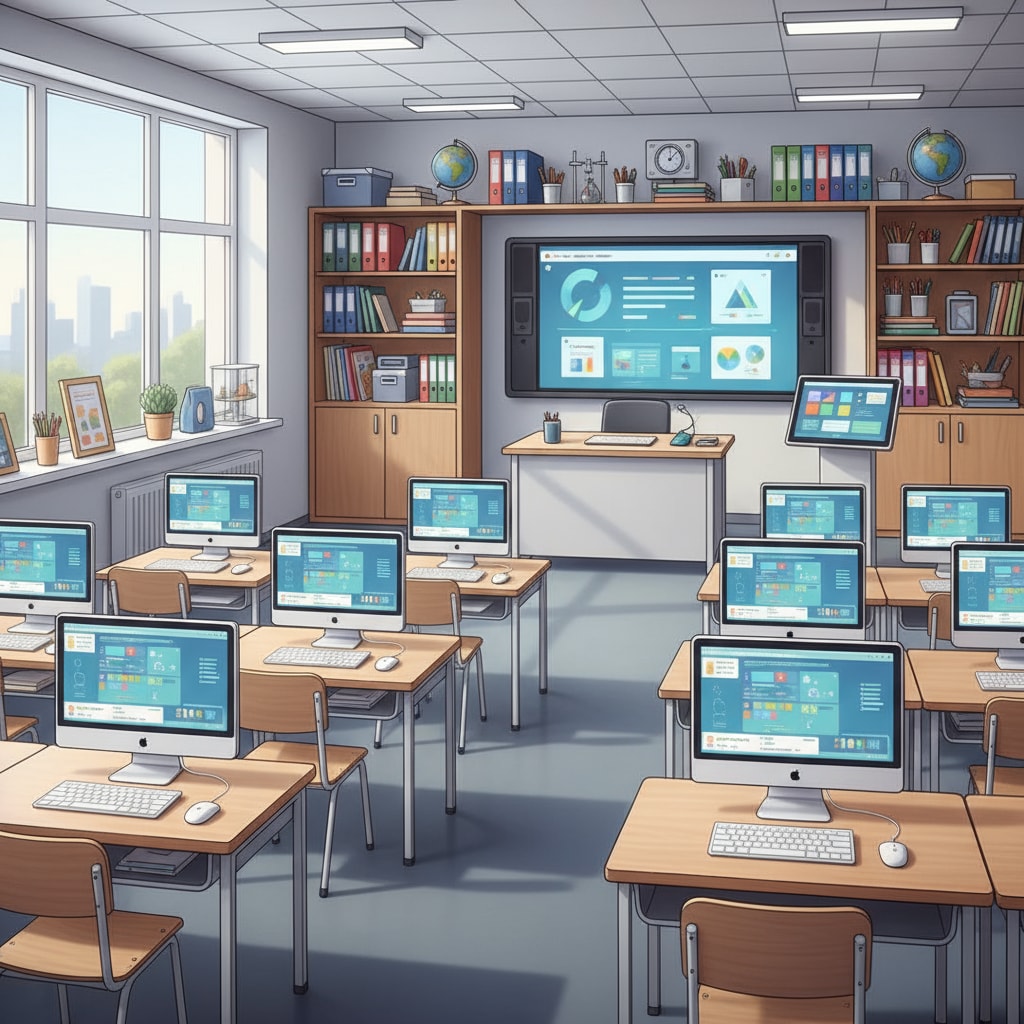In the dynamic landscape of education, the choice between traditional and modern teaching methods, along with the role of technology in shaping the learning environment, is a crucial consideration. As educators strive to provide the best possible learning experiences for students in K12 education, understanding the merits of each approach is essential.

The Enduring Appeal of Traditional Teaching Methods
Traditional teaching methods have a long history of success. Face-to-face interaction between teachers and students, for example, allows for immediate feedback and personalized guidance. According to Britannica, lectures, discussions, and textbooks have been fundamental in transmitting knowledge for centuries. These methods help students build a solid foundation in basic concepts and develop critical thinking skills through in-depth discussions.

The Rise of Modern Educational Technology
Modern educational technology has revolutionized the learning environment. Online courses, educational apps, and interactive whiteboards offer engaging and immersive learning experiences. As stated on Wikipedia, technology enables personalized learning, as students can progress at their own pace. It also provides access to a vast amount of information, expanding the scope of learning beyond the traditional classroom.
In addition to the above, a blend of traditional and modern teaching methods can be highly effective. Teachers can use technology to supplement traditional lessons, such as using multimedia resources to illustrate complex concepts. This integration creates a more dynamic learning environment that caters to different learning styles.
Readability guidance: By summarizing key points in short paragraphs and lists, and using a balanced approach between traditional and modern teaching, educators can enhance the learning experience. Transition words like “however”, “therefore”, and “in addition” help to create a smooth flow of ideas, while controlling the proportion of passive语态 and long sentences ensures better readability.


